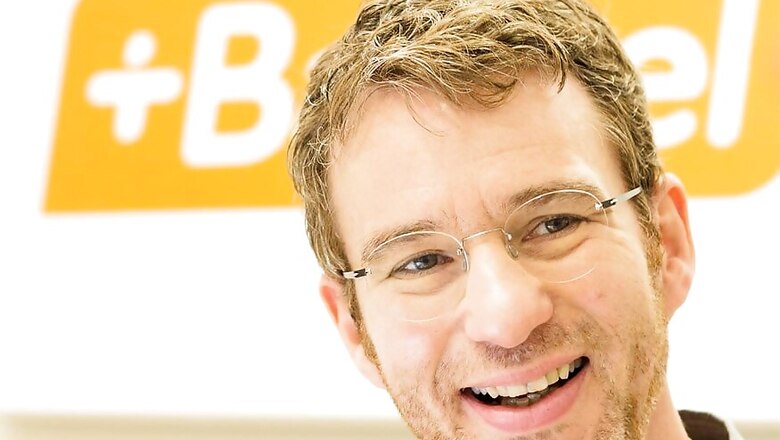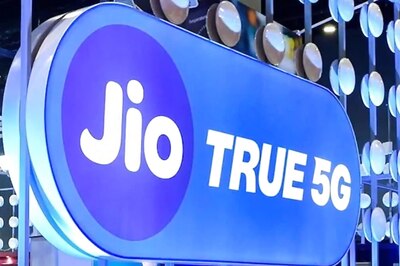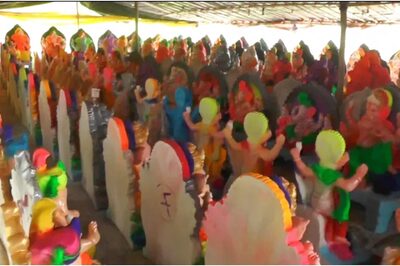
views
It might seem a tall order to persuade people to spend as much to learn a language on their smartphone as it costs to subscribe to a music streaming or video-on-demand service. But Berlin-based startup Babbel says that, after 10 years in business, it has finally cracked the U.S. market, where sales more than doubled last year and are on track soon to eclipse its home market in central Europe.
Babbel, the top-grossing language app worldwide, charges $8.95 a month for its most popular three-month deal that features interactive drills and conversational practice using speech recognition. Its subscription business contrasts with that of U.S.-based rival Duolingo’s free, ad-supported model.
“Around June we noticed there’s a flywheel going," co-founder and CEO Markus Witte said of the U.S. market in a recent interview. “We know that this market is big enough for us to grow there for a quite a while."
Key was the hiring a year ago of Julie Hansen, previously of Business Insider, to lead the U.S. sales drive. Babbel said its U.S. sales rose by 140 percent in the second half of 2017. It counted 70,000 new paying users in the United States in January, up from 40,000 last August. New U.S. sales overtook central Europe in December and it will become Babbel’s biggest market soon, says the company, which does not disclose revenue figures for competitive reasons.
The biggest challenge for language apps is to encourage users not to give up – and to convince learners that Babbel is different from other providers, said Witte.
Also read: Uber CEO Sees Commercialisation of Flying Taxis in 5-10 Years
“There have been more or less successful language-learning companies in the U.S. before," he told Reuters, “but nobody was really invested in the actual learning part; they usually invested way more in how do we sell and market it."
Babbel says its average user stays the course for over 12 months. Of those who have tried to learn elsewhere, 87 percent say they are having more success with Babbel, its own customer research shows.
Worldwide, Duolingo had nearly three times the number of unique visitors – around 20.3 million – compared with Babbel’s 7.83 million over the last three months, according to data from browser and smartphone audience measurement firm SimilarWeb.
In the U.S. market, Silicon Valley-based-Duolingo had nearly 10 times as many users as Babbel, while the two language apps are more closely matched in Germany, Babbel’s home market, and other European countries, SimilarWeb data showed.
The company, which has raised $33 million from investors in three funding rounds, says it is cash-flow positive, doesn’t need fresh funding to accelerate growth, and might consider “adjacent" acquisitions.
“Our focus is on healthy unit economics," said Witte.
“We can’t acquire customers for more money than makes sense. We never did that and will never do that."
Watch: Tech and Auto Show Ep 31 | Auto Expo 2018 Special | Unveilings & Launches




















Comments
0 comment